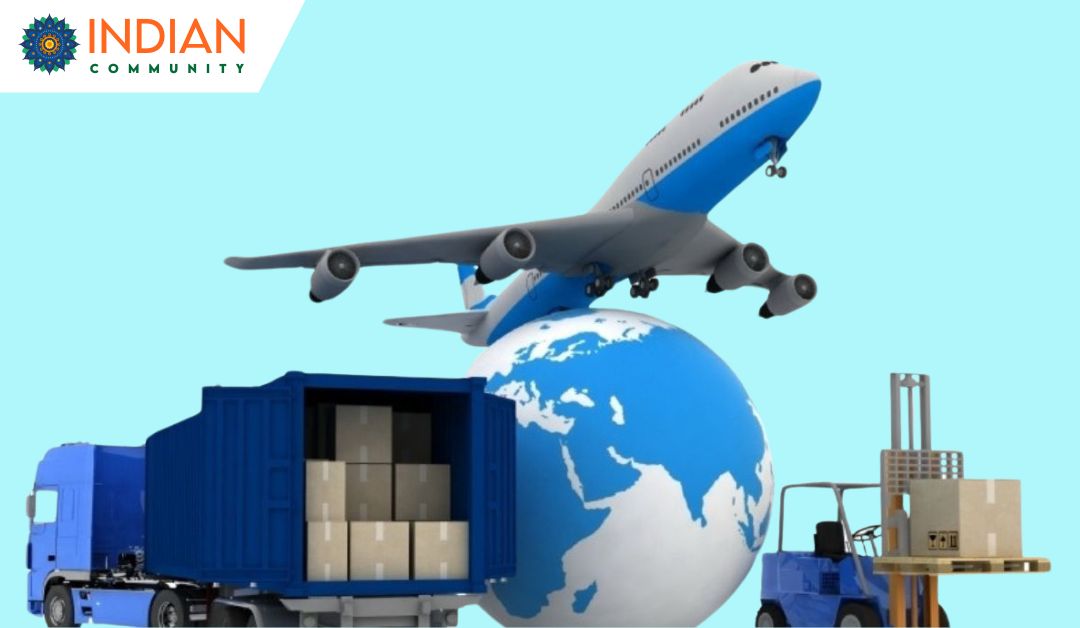India is advocating for significant duty cuts across various product categories, including agricultural products, textiles & apparel, pharmaceuticals, electronics, and petrochemicals. This marks the first review of the Comprehensive Economic Partnership Agreement (CEPA) since it was signed in Seoul in 2009, aimed at enhancing bilateral trade.
South Korea has requested better mobility access for its professionals as part of the review. Indian exports face several non-tariff barriers in South Korea, including stringent quality standards, certification requirements, and regulations. These barriers make it challenging for Indian exports like rice, shrimp, steel, and pharmaceuticals to penetrate the South Korean market.
Indian agricultural produce, vegetables, and spices encounter higher tariffs and strict sanitary and phytosanitary standards, impacting their market access. Additionally, Indian exports to South Korea, such as automobiles, auto components, pharmaceuticals, textiles, and apparel, face higher tariffs compared to the lower tariffs imposed on South Korean textiles entering India.
Indian exporters are seeking more favorable terms to better explore the Korean market, addressing the existing trade imbalances. The ongoing review of CEPA aims to create a more balanced trade relationship, reducing barriers and improving market access for both countries.
Source: Maritime Gateway



